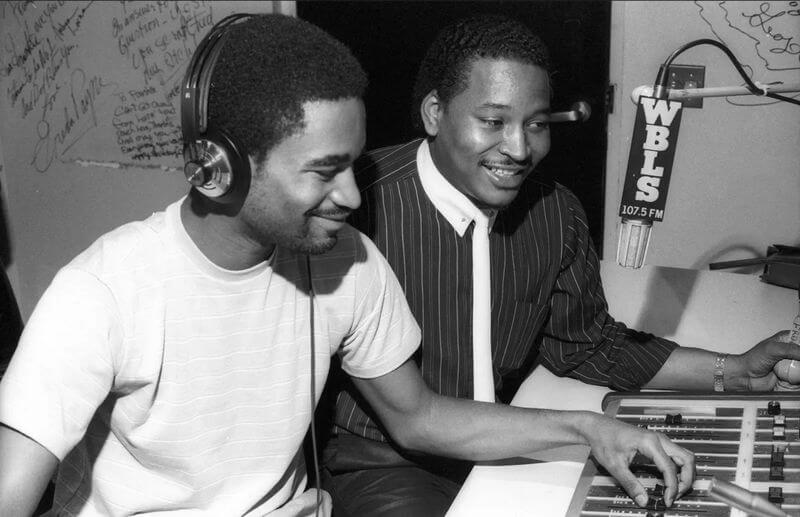2. Learn about Black music history by listening online

From spirituals and blues to the rise of jazz, R&B and hip hop, Black music has been entwined with American culture for centuries.
There are lots of ways to learn about and experience the power of Black American music online. One of the most extensive and free resources is the Black Music History Library, created by Jenzia Burgos. The compendium includes an array of Black music sources, with links to music samples, full recordings and interviews, as well as books and articles.
Another remarkable Black music website is the #312 Soul project. Originally launched as a month-long series on Chicago’s Black music from 1955 to 1990, the site publishes original stories from Chicago residents about their personal experiences creating and enjoying Black music.
For snapshots of Black music between 1982 and 1999, check out the Hip Hop Radio Archive, a collection of radio show recordings from commercial, college and independent hip-hop stations. Of particular note are classic radio shows from New York City’s WBLS, featuring Rap Attack with Marley Marl and Mr. Magic.
Online streaming music services also curate collections for Black History Month – Spotify has an extensive collection of Black music in its Black History is Now collection. Tidal and Amazon Music also include special Black music collections on their services.
3. Support Black-owned businesses and restaurants
Becoming a customer of local Black businesses helps protect livelihoods and supports Black entrepreneurs.
If you aren’t sure which businesses in your area are owned and operated by your Black neighbors, several resources can help.
Several directories have now been created to highlight and promote Black businesses. Official Black Wall Street is one of the original services that list businesses owned by members of the Black community.
Support Black Owned uses a simple search tool to help you find Black businesses, EatOkra specifically helps people find Black-owned restaurants. Also, We Buy Black offers an online marketplace for Black businesses.
The online boutique Etsy highlights Black-owned vendors on its website – many of these shop owners are women selling jewelry and unique art pieces.
